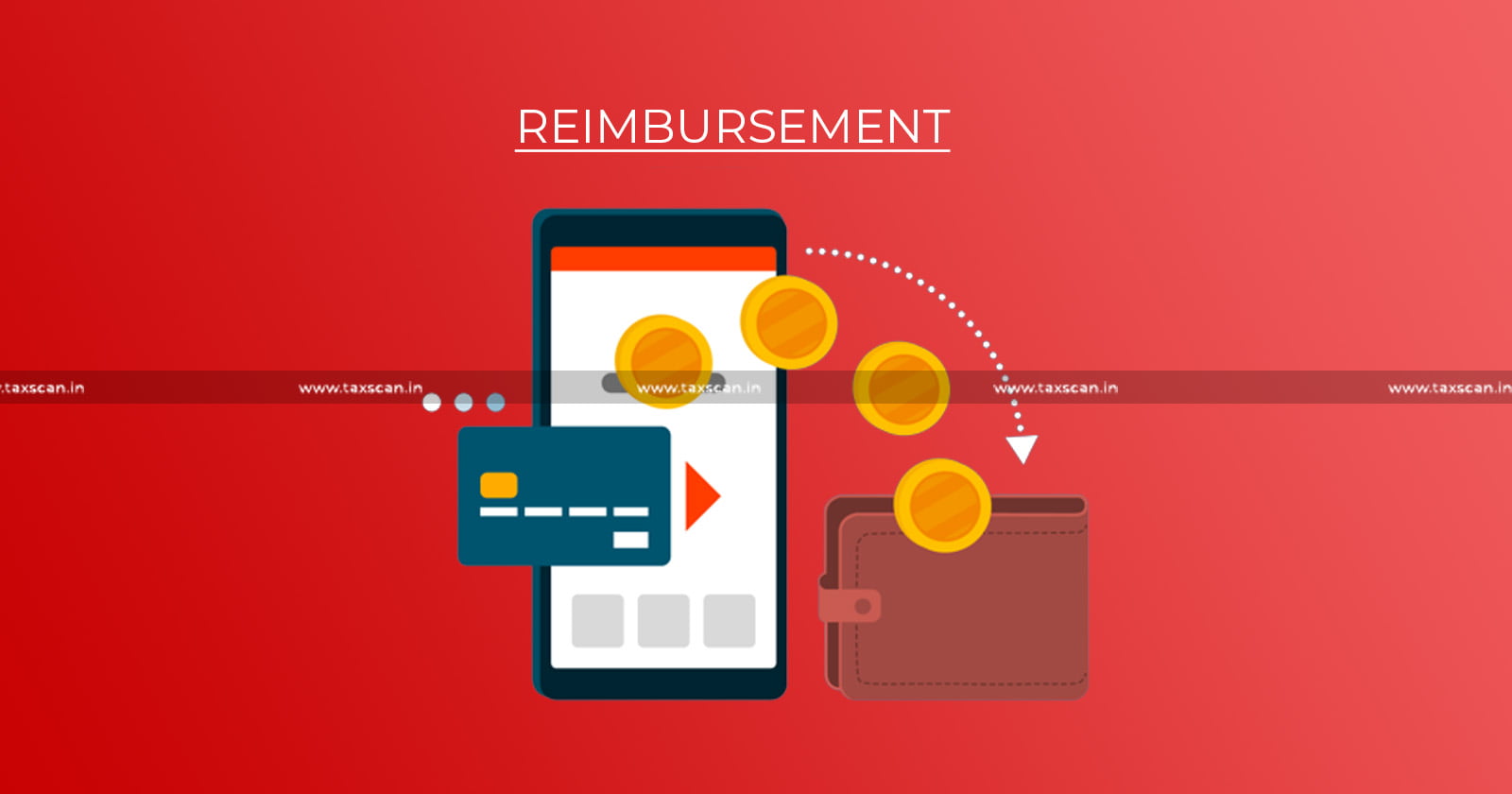Budgetary Support Scheme 2018 Withdrawal For Reimbursement Of IGST To Manufacturing Units: J & K HC Upholds UT Govt's Decision [Read Order]
The High Court observed that promissory estoppel operates even in the legislative field and applies against the Government, even when acting in exercise of its sovereign or executive functions.

Budgetary Support Scheme – Reimbursement – Reimbursement Of IGST – IGST – TAXSCAN
Budgetary Support Scheme – Reimbursement – Reimbursement Of IGST – IGST – TAXSCAN
The Jammu and Kashmir and Ladakh High Court has upheld the UT government's decision to withdraw the 'Budgetary Support Scheme', notified in the year 2018 for providing budgetary support to manufacturing units in the UT, by reimbursement of Integrated Goods and Service Tax.
Sudhir Power Limited , the petitioners are Small/ Medium/ Large scale Industries set up in the State of Jammu and Kashmir on different dates in the year 2011 and before. They are aggrieved of and have assailed S.O. 239 dated 16-07-2021 issued by the Government of Jammu and Kashmir, whereby the Budgetary Support Scheme notified earlier vide SRO 431 dated 25-09-2018 has been withdrawn with effect from 01-04-2021. The impugned SO is challenged by the petitioners primarily on the ground that it is hit by the doctrines of promissory estoppel and legitimate expectation.
Uncover Section 50C Best Practices: Expert-Led Course
In the year 2004, the Government of Jammu and Kashmir came up with Industrial Policy-2004 offering certain incentives to the entrepreneurs who would set up their Industries in the State of Jammu and Kashmir. Sanction was accorded to the implementation of Industrial Policy-2004. The Industrial Policy-2004 was stated to remain in operation from 01-01-2004 until 31-03-2015. Apart from other incentives granted under the Industrial Policy-2004, the Small Scale Industries, Medium and Large Industrial Units were exempted from charging and payment of Central Sale Tax on sale of their finished goods outside the State up to 31st of March, 2015 except on the items in the negative list.
The Government issued SRO 24 of 2004 dated 31-01-2004 in exercise of powers conferred by sub-Section (5) of Section 8 of the Central Sales Tax Act, 1956 [„the CST Act‟]. This notification was in supersession of all the previous notifications on the subject and provided that, no tax under the CST Act shall be payable till 31-03-2015 on the sale of goods in the course of interstate trade and commerce made by a manufacturer operating a Small, Medium and Large scale unit. The petitioners, who claim to have established their Units were allured by the incentives offered by the Industrial Policy-2004 to set up their units.
Uncover Section 50C Best Practices: Expert-Led Course
In the meanwhile Industrial Policy-2016 came to be promulgated vide Government Order No. 58-Ind of 2016 dated 15-03-2016 and in terms of para 2 of the Government order aforesaid, all existing units were held entitled to incentives specifically provided in the Industrial Policy 2016 subject to guidelines/procedures issued in respect of such incentives.
While the petitioners were taking the benefit of this budgetary scheme, the Government accorded sanction for Industrial Policy 2021-30 vide Government Order No. 117-IND of 2021 dated 19-04- 2021. As per the Industrial Policy 2021-30, the existing units eligible for incentives under the Industrial Policy 2016 were allowed to avail the incentives under the Industrial Policy 2016 till 31-03-2026. Alongside the Industrial Policy 2021-30, the Government also accorded sanction for promulgating the ‘Turnover Incentive Scheme 2021’ to provide support to the existing industrial units located in the Union Territory of Jammu and Kashmir.
Uncover Section 50C Best Practices: Expert-Led Course
The High Court observed that promissory estoppel operates even in the legislative field and applies against the Government, even when acting in exercise of its sovereign or executive functions.
A division bench of Justices Sanjeev Kumar and Rajesh Sekhri observed that the Scheme did not create any legitimate expectation in the units nor did it attract promissory estoppel on the government.
It was agreed by the court with the Petitioners that the benefit of exemption under Industrial Policy 2016 was promulgated for a period of 10 years i.e. up to March 2026. However, in the same breath it added that the government had reserved the right to issue fresh guidelines/ orders/ notification separately relating to Tax matters and incentives in supersession of the existing notifications /orders and circulars on adoption of the GST regime (which happened in July 2017).
The Court dismissed the petitions.
To Read the full text of the Order CLICK HERE
Support our journalism by subscribing to Taxscan premium. Follow us on Telegram for quick updates


